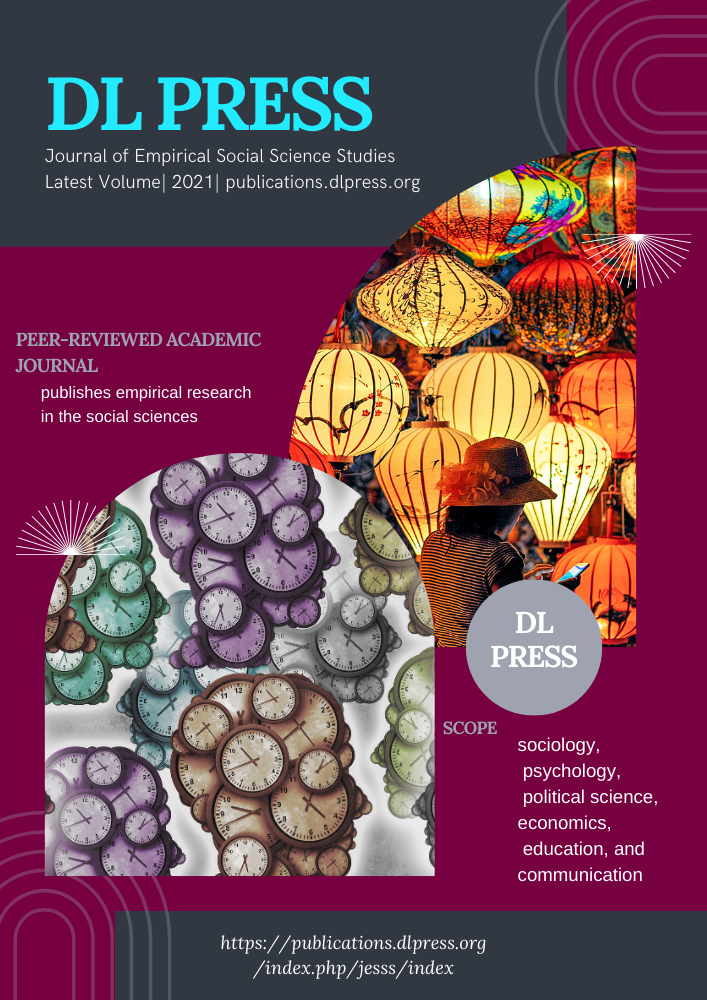The Role of Social Media in Enhancing Postmarketing Surveillance
Main Article Content
Abstract
Postmarketing (PMS) surveillance plays a critical role in monitoring the safety and effectiveness of healthcare products following their approval and widespread use. This research aims to explore the role of social media in enhancing postmarketing surveillance efforts. Social media platforms have emerged as powerful tools for collecting and analyzing real-time data on adverse events, patient experiences, disease outbreaks, and medication-related issues. Leveraging user-generated content, data mining techniques, and natural language processing, social media provides a valuable source of information for detecting potential safety concerns and identifying emerging trends earlier than traditional reporting systems. Additionally, social media enables direct engagement with patients, facilitating feedback, and understanding their perspectives on healthcare products. Furthermore, social media serves as a platform for effective communication of safety information, warnings, and updates from regulators, healthcare providers, and pharmaceutical companies. Despite its potential, challenges such as data quality, privacy considerations, and the need for appropriate analysis tools persist. This research highlights the significance of social media in postmarketing surveillance and underscores the importance of addressing the associated challenges to maximize its utility in ensuring public health and safety.
Article Details
Public Licensing Terms
Thank you for your interest in our published work. We are committed to promoting open access and the free dissemination of knowledge. In line with this, we have established the following public licensing terms that govern the use and distribution of our published works:
-
Creative Commons License: All our published works are licensed under the Creative Commons Attribution-NonCommercial-ShareAlike (CC BY-NC-SA) license, unless otherwise specified.
-
Permissions Granted: a) Attribution: You are free to share and adapt the work, provided that you give appropriate credit to the author(s) and provide a link to the original source. b) NonCommercial: You may not use the work for commercial purposes without obtaining explicit permission from the copyright holder. c) ShareAlike: If you remix, transform, or build upon the work, you must distribute your contributions under the same CC BY-NC-SA license as the original work.
-
Compliance with License Terms: When using or distributing our published works, you must comply with the terms of the CC BY-NC-SA license and ensure that proper attribution is given to the original author(s).
-
Commercial Use: If you wish to use our published works for commercial purposes, you must seek permission from the copyright holder. Please contact us at [insert contact information] to discuss commercial licensing options.
-
Third-Party Rights: Our published works may contain third-party content or materials. The licensing terms for such content may vary, and you are responsible for complying with any additional terms or restrictions imposed by the respective copyright holders.
-
Disclaimer: The published works provided under these licensing terms are intended for informational and educational purposes only. We do not guarantee the accuracy, completeness, or suitability of the content, and we shall not be held liable for any errors, omissions, or damages arising from the use of the published works.
-
Termination: We reserve the right to terminate or modify the licensing terms for our published works at any time without prior notice. However, any works published prior to the modification or termination will continue to be governed by the original licensing terms.
By accessing, using, or distributing our published works, you acknowledge and agree to be bound by these public licensing terms. If you have any questions or require further clarification regarding the licensing terms or permissions, please contact us at permission@publications.dlpress.org
Last updated: 05-02-2023
